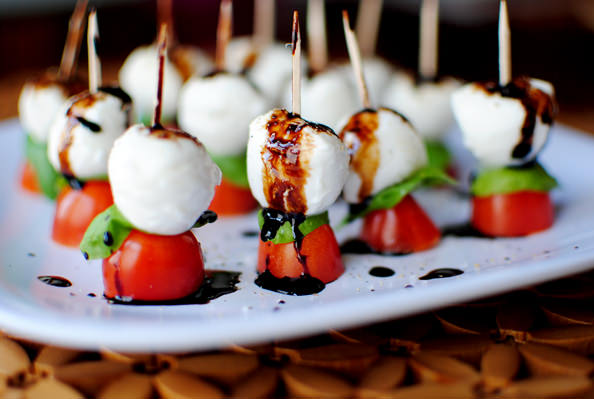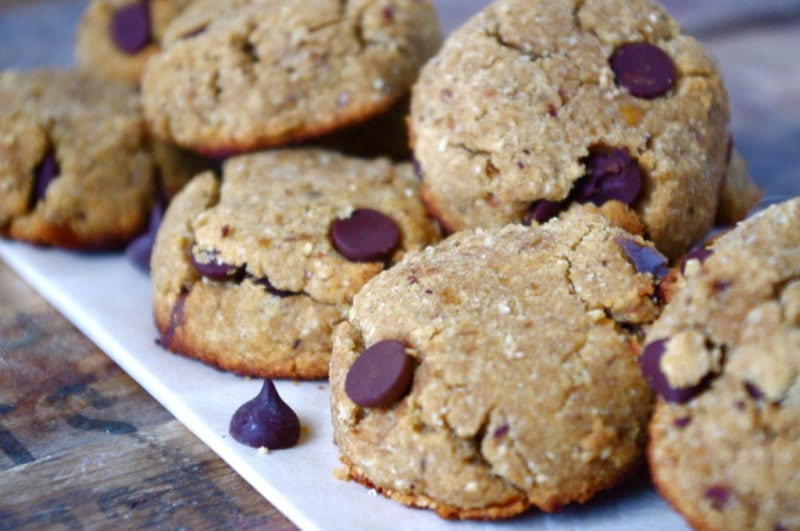 By Coach Maria - Salus Nutritionist & Food Expert
By Coach Maria - Salus Nutritionist & Food Expert
Recently, I came across an article from Consumer Reports regarding
healthy food choices for college students.
I was really interested in reading this because; I love to read anything regarding our health and nutrition, and I've relied on Consumer Reports for some insightful reporting on consumer purchases in the past.
After reading
this article, however, I was left a bit speechless (until, that is, I sat down to write this post!)
Perhaps Consumer Reports should stick with reporting on appliances, cars and household products that do not involve the health of our youth.
The article brings up a good point when discussing the limited options in terms of being able to cook when living in a dorm, but that's the
only sensible thing mentioned.
Their idea of
"healthy" food choices?
- Frozen waffles
- Cereal
- Snack Bars
- Yogurt
- Frozen Pizza
- Frozen Entrees
- Beef Jerky
I wasn't sure whether to cringe or laugh about those choices! In reality, I was disappointed.
Let's briefly touch on some of their recommended choices.
Frozen Waffles: If Consumer Reports thinks palm kernel oil, sugar, bleached flour and other preservatives reconstituted and shaped into a convenient little frozen disk will contribute to the health of anyone, perhaps they would like to explain what their view of unhealthy is.
Anyone that eats a frozen waffle is certain to drench it in maple syrup because, let's be honest, those frozen disks that are toasted/heated, end up tasting like cardboard if left out for more than 3 minutes. And a college student with an appetite is not going to eat just one - there is enough sugar in 3 of those little frozen disks equivalent to
2 sodas and enough sodium to cover over half of your daily allowance!
Cereals & Snack Bars: "
High fiber cereals have come a long way..." Yes, they have come a long way in terms of devaluing. Besides the fact that those
enriched vitamins and minerals that need to be
added to the cereal are not biologically active, let's not forget about the equal number (or more!) of additives, preservatives, dyes, artificial ingredients and sugars, sugars, sugars! The same applies to many of the commercial snack bars.
Frozen Pizza & Frozen Entrees: Um.....if you don't know why THOSE wouldn't be healthy choices, nothing I'm going to say here is going to change that.
All I'm going to say is this: read the ingredients. Enough said.
Beef Jerky: There are certainly worse things than commercial beef jerky, but it is a
highly processed meat and it contains enough preservatives, fillers and sugar to do some metabolic damage.
Consumer Reports didn't even hint at the possibility of having the convenience of bagged carrots or pre-washed veggies. Not even a mention of fruit! All which are not only convenient sources of vitamins, minerals and fiber, but fit in a dorm fridge or can even sit on a counter! No mention of fresh protein either. A roasted rotisserie chicken is packed with protein - convenient, cheap and can be stored in a Ziploc for leftovers. So are canned fish products! The deli section at a local grocery store is full of lean cuts of meat (you can even ask for gluten free!) that can be easily stored in a dorm refrigerator. They even sell hard boiled eggs, if the college dorm does not have a kitchen or does not allow hot plates.
Yogurt can be a healthy choice if you choose a yogurt that is not ruined by all the added sugar - sometimes, adding your own bits of fruit to a greek yogurt is all that's needed!
You can decide to follow the ridiculous Consumer Reports recommendations if health and inevitable weight gain are of no importance to you. But I think you are smarter than that.




